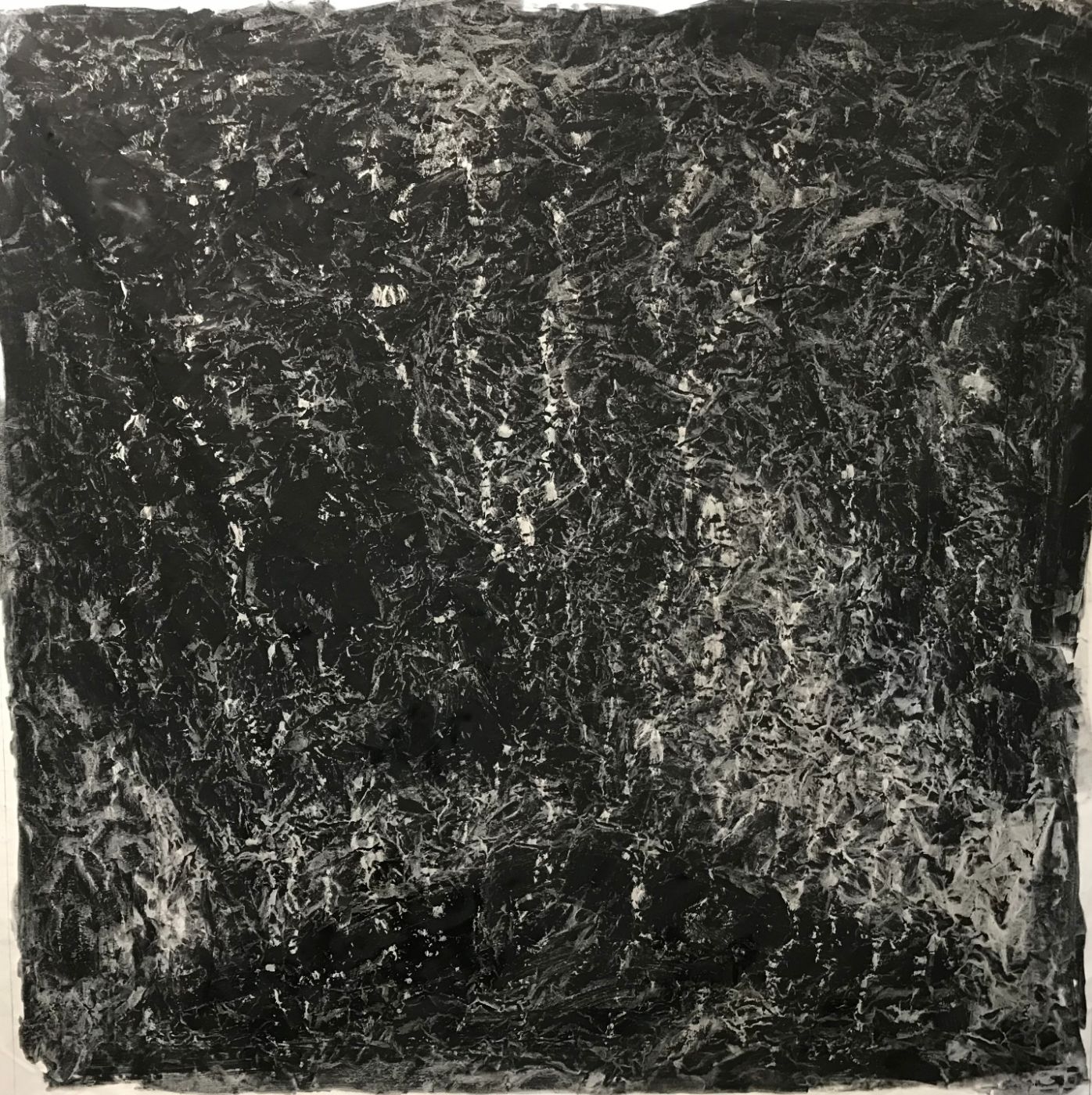Iana Boukova S [excerpts]
String, a straight line straining to prove itself useful.
Soup, a way of loving things.
Sentiment, an ointment for beginners.
Savannah, what I see on my body lying down.
Slogan, a thought's wooden leg.
Soap, guarantees you will at least be clean when you slip.
Set of plates, parade of militant porcelain.
Spinach, Santa's younger cousin.
Slave, every unbroken mirror.
Sex, a neon sign.
Shit, above all not a childhood illness.
Sponsor, someone who never remembers his name.
Salami, section of symbiosis.
Stage, the usefulness of every smooth surface.
Sandwich, a tango with mustard.
Scuba suit, a joke among crabs.
Symmetry, a highly contagious disease.
Sack, a landed balloon.
Seismograph, someone busy describing solely big events.
Skeleton, a trapped percussion orchestra.
Stool, an oppressed coffee-table.
Sickle-and-hammer, history's knife-and-fork.
Sardine, a fish displaying human-like behaviour in contained spaces.
Striptease, an act that bores the X-ray specialist.
Schizophrenia, mind's wide open embrace.
Stalactite, child of water-drop torture.
Spur, Morse code of divine love.
September, a middle-aged April.
Sternum, something like Pandora's box in pink (and purple).
System, a sieve that also has large holes.
Snail, time's steed.
Sowing, burial in the manic phase.
Station, gradation of the end.
Sophist, a wise man who's insured.
Scrabble, an English gentleman lacking a few vowels.
Shock, good to carry on oneself in case of cramps.
Show, when Aristotle cried.
Shaman, impresario of the dead.
Seraphim, the only church banner that isn't a dragon.
Sword, a shining that leaves things half.
Salsa, a hot dance.
Statistics, the philological abuse of mathematics.
Sauce, a suspect hatred against the simplicity of things.
– translated by Panayotis Ioannidis
*
S is for September – and “September” is one of the entries in Iana Boukova's “S”. The poet herself notes about this long poem that is still a work in progress: “'S' is a literary endeavour whose aim and wager consist in the fresh lexical definition of each noun beginning with an “s” in Greek. It tests and tries the possibilities of poetic thought under conditions of 'constraint', and tends towards an idiosyncratic declaration of faith in metaphorical speech.”
Iana Boukova (born 1968 in Sofia, Bulgaria) is a bilingual (Bulgarian-Greek) poet, prose-writer and translator with a degree in Classics. In Bulgarian, she has published three books of poetry, a collection of short stories and a novel, as well as translations of more than fifteen books of modern Greek and ancient poetry — among them: Sappho, Pindar, and Catullus. Since 1994 she lives in Greece, where she is a member of the editorial board of “FRMK”, a biannual journal on poetry, theory, and the visual arts. Her poems and short stories have been translated in more than ten languages. In English, her work has appeared in various anthologies and journals in the USA and the UK: e.g. Austerity Measures: The New Greek Poetry, Best European Fiction 2017, Two Lines, Drunken Boat, Zoland Poetry, Take Five.
Her first poetry book in Greek, The minimal garden (O elahistos kipos; Ikaros, 2006) contained only three poems written in Greek; the majority had been translated from the Bulgarian by Dimitris Allos; in contrast, in her second, Drapetomania (Mikri Arktos, 2018), all poems were directly composed in Greek. This is not the only distance she has travelled over these twelve years. The poems of the first book already showed a poet adept at conjuring and using bold images to tackle a wide variety of subjects, treading a very personal line between modernist versions of both expressionism and surrealism. However, Boukova's style in the second book has matured in every sense: it has become drier, and therefore more pungent; it dares to philosophise with humour; it systematically plunders scientific and other 'scholarly' texts in order to construct its own at once highly serious and deeply sarcastic version of the world — for example, by taking pigeons as the ostensible subject of a prismatic “Tractatus”, the book's middle section. The same deadly, thoroughly thought-out playfulness astonishes in the much simpler 'device' of “S”.
More poems by Iana Boukova in English online:
- http://www.greekpoetrynow.com/poet_poems_eng/boukova_poems.html
- https://www.odyssey.pm/contributors/iana-boukova/

Image caption: Vicky Colombet, Storm Series #1406, 2018. Pigment, oil and alkyd on canvas, 183 x 183 cm. Currently showing at the artist's first solo show in Greece, at Allouche Benias Gallery. Image courtesy of the gallery.
